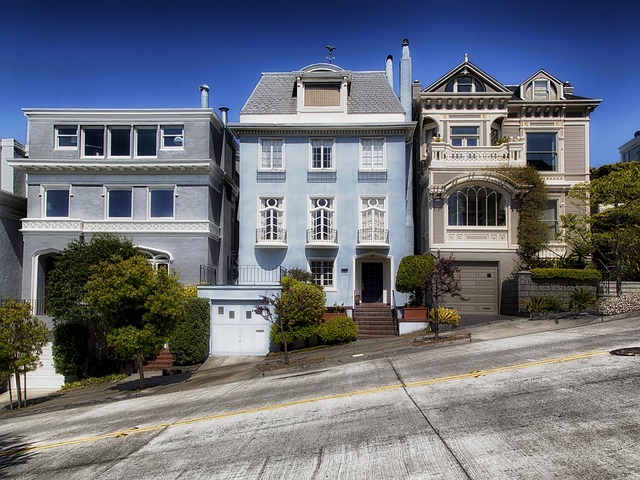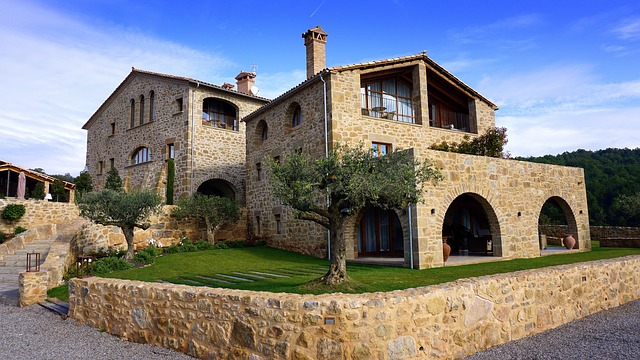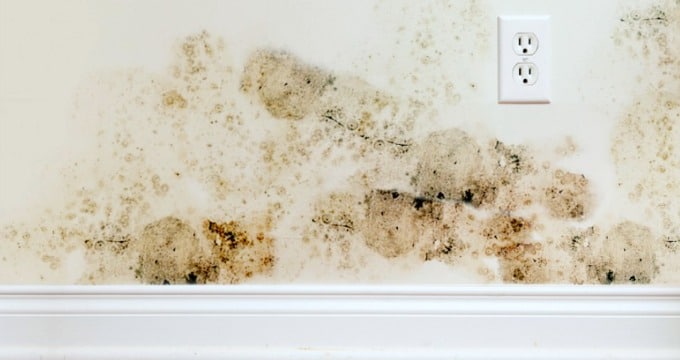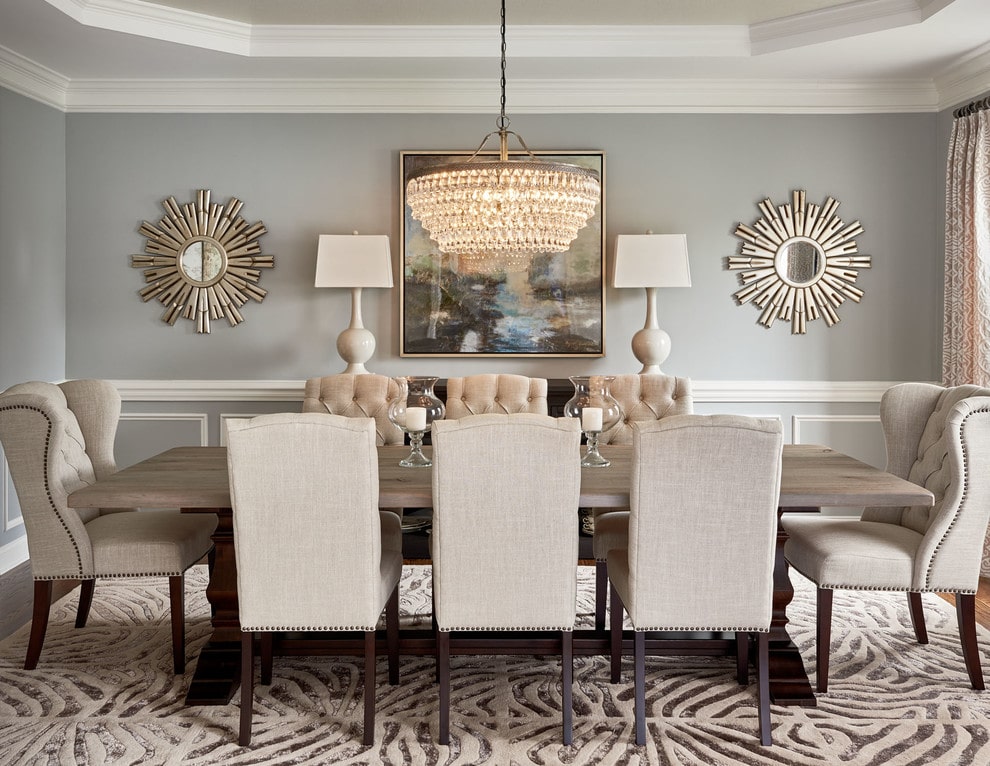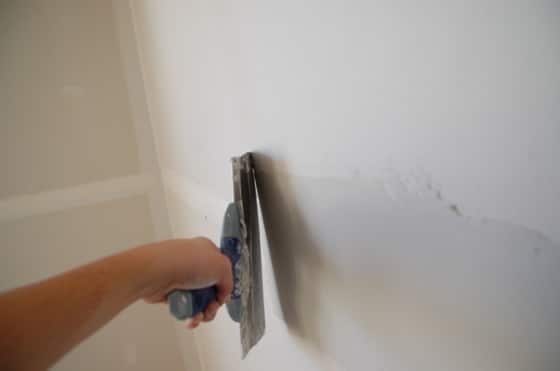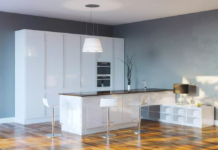Buying a used home can be tricky. It may also have some perks not generally associated with new homes. For one thing, you could be looking at lower property taxes, especially when the house is located in an established town.
Of course, old homes certainly carry a degree of charm. Additionally, buying a used residence is typically easier as purchasing new homes can often be an excessively long process.
Despite these good points, potential concerns of older used homes must be addressed.
Tips When Buying a Used Home
The structure of the home is of priority. Don’t hesitate to ask if there are any issues you should be aware of to consider. Depending on the severity, it could simply be too costly.
Have there been cracks or any problems with the foundation? Learn the exact type of foundation you’re dealing with and the materials from which it is constructed. When was the home built?
Be mindful that houses built in the 1960s and prior did not use sealed concrete. Because of this, many such homes have seen cracks and leaks develop over the years. Such damaged foundations may be prone to a buildup of radon.
The staircases may need to be modified to be secure and to ensure better-than-minimum support.
Another chief concern is that of safety. Unfortunately, older homes may also play host to related dangers.
To start, you must test for asbestos and lead, which are too often found in insulation, paint, and even floor tiles.
Do a thorough check for mold. Look for moisture damage on the walls, especially in the basement. If you’re looking at a home that was built before safety codes were instated, be absolutely certain that every electrical circuit is safely grounded and installed.
Sometimes, you’ll need to replace the electrical box because overall electrical use has increased since the home was built.
Modern architecture takes advantage of advances in science and math. It is generally considerably more efficient than what was implemented in older homes, which may include outdated, useless rooms (like formal dining or sitting rooms).
Such features just aren’t practical or attractive to many modern home buyers. However, some seek out the formality of classic designs, and this fact may be an advantage.
In most cases, older, larger homes aren’t as energy efficient as their newer counterparts, which were made to be cost-effective. When agreeing to buy a used home, be certain to have plenty of capital on the side to invest in the structure.
Obviously, you’ll need to insure it, but you should also expect to want some renovations, often just to serve modern needs.
For instance, if the home has plaster walls, repairing them will be more expensive because you’ll need to hire specialists. Be prepared for the unexpected, and you will minimize unnecessary stress or disappointment.
Buying an old home can be a great investment. Usually, you’ll go into it knowing the amount of work that will need to be done, if any at all.
But that’s part of the fun! You wouldn’t agree to it otherwise. You aren’t being used, but you do plan to use – and enjoy – your new pre-owned home to its greatest potential!

